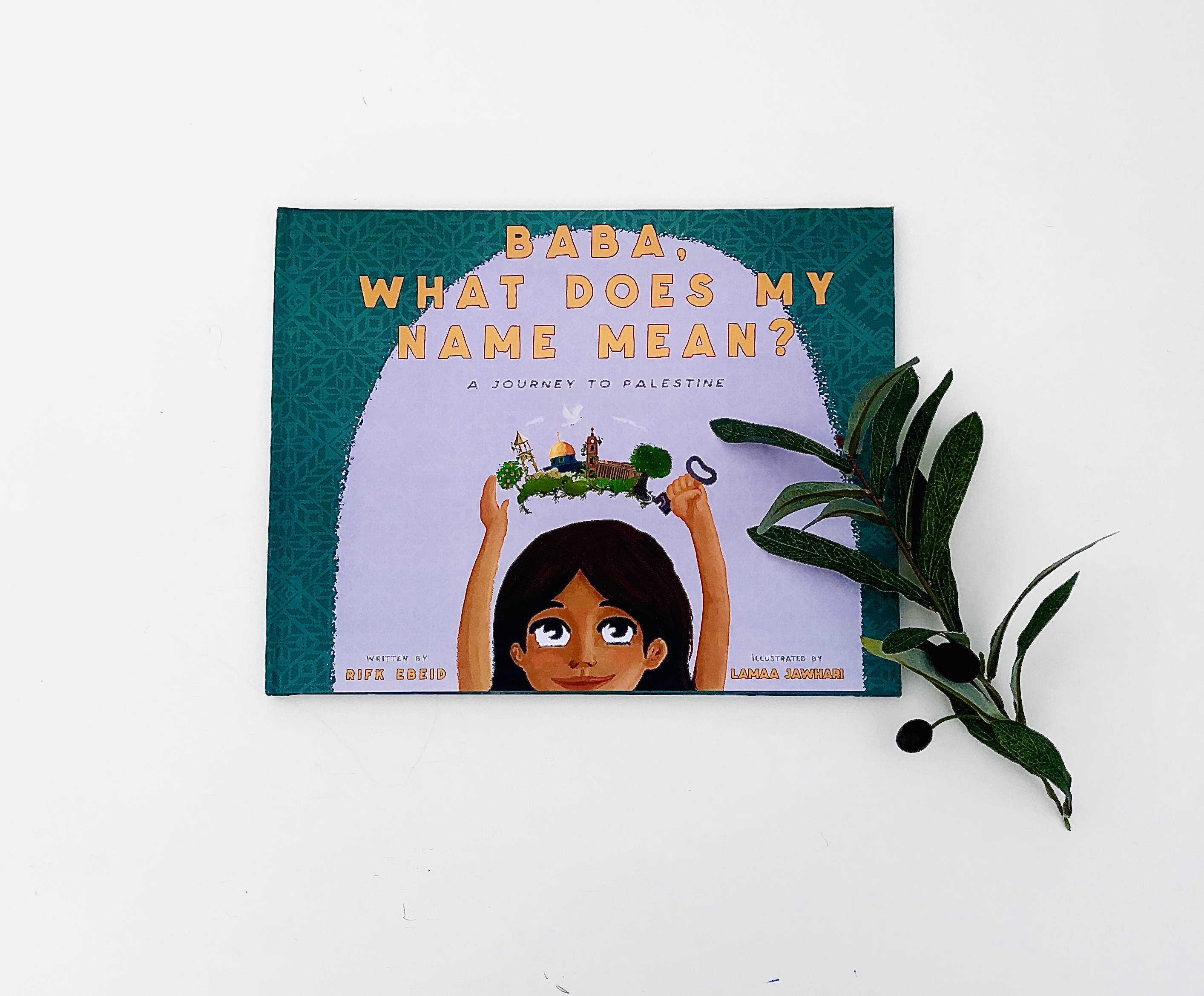I recently came to the realization that GirlBoss feminism (created by Sophia Amoruso in 2014) undermines the value of femininity in women’s lives, and that the idea of the Divine feminine (specifically, the idea of femininity in Islam) is far more useful in helping eradicate internalized misogyny.
I grew up in a household dominated by masculine energy, but there was only one-man present, my father. My mother, a strong-minded woman who balanced a career and raising three girls, would not let us play with dolls as children, because she believed that it would hinder our career aspirations. When reading traditional fairytales to us, she always adapted the endings so that the princess went off to university, instead of marrying her Prince Charming. But her approach made me wonder: in an already male-dominated world, why is it that ‘girls can be anything’ but not if we wear dresses or heels?
Later, in secondary school, I was sucked into #GirlBoss feminism, which I now realize is another branch of white feminism, where white women try to get ahead in the corporate world at the expense of women of color. We had to suppress our femininity and view softness as a weakness while not wanting to ‘be like the other girls’ because typical ‘girly’ things are to be ashamed of. Third-wave feminism also brought along strong female characters in films (the lead often a straight white woman). Both of these movements suggested that women can be powerful, but not if we are feminine—that, to be independent, we must sacrifice our natural femininity and adopt masculine traits.
In recent months, I have dis-aligned myself with mainstream feminism, and have come to realize that my religion gave me feminism before the word “feminism” existed. Through learning about the Divine Feminine in relation to spirituality, I now understand femininity is not about subordination.
The Divine Feminine
Divine feminine energy is a vibration of a universal frequency from the ‘spiritual mother’ or God. It is the Divine feminine which gives rise to the Divine masculine, energies that are present within us all. In Islam, the Divine feminine plays a large role in understanding our beautiful religion, our relationship with Allah and how we treat this Earth.
On the highest level, Allah is the most divine, the omnipotent. Regardless of gendered language, many of the 99 names for Allah have a Divine feminine nature, such as Ar-Ra’uf, the most kind/tender or Al-Wahhab, the bestower. In the Quran, paradise is under the feet of mothers, and whoever has three daughters will be a protection against the fire. The Divine feminine has always been in Islam, manifesting herself through inner expression and the compassion of Allah. The most known name for God is Ar-Rahman, unconditional love, stemming from the root verb R-H-M meaning womb – a uniquely feminine quality. All life is birthed from the body of women. We are fragile, vulnerable, yet so strong.
Divine feminine helps us relieve ourselves from internalized misogyny; we learn that Allah created women with unique traits, such as intuition, self-expression, compassion, creation, forgiveness and sensuality. To be in touch with your inner voice, honor your emotions and treat your body as a temple does not mean you lack independence.
Through learning about the Divine feminine, I have fallen in love with myself, undergoing a process of transformation and growth towards feeling content. I no longer have to suppress the feminine part of myself and can allow my mind to be open to receiving.
Imaan is a writer, critic and creative disrupting narratives of fashion, education and race through articles, essays and poetry. She grew up living between the Middle East and England, and is currently on a gap year before university.

















Thank you! Feminism before the name existed. We’re exploring the Divine Feminine in Friday dars sessions (posted on youtube) – see thefutuhat.com
I’m translating the Futuhat (eventually 19 volumes, over 12,000 pages)
Wonderful article!
The two statements; “paradise is under the feet of mothers, and whoever has three daughters will be a protection against the fire” are mentioned in the hadith books and not the Quran itself.
Assalaamu alaikum,
I love your blog. I recently started a blog as well. We are an organization that promotes inclusion and awareness for children with special needs in the Muslim community. Do check out our blog and let us know what you think! JazakAllah khair!
Beautiful article.
Ar-Ra’uf, the most kind
JazakAllah khair for sharing.
The two claims; ” paradise is under the feet of mothers, and whoever has three daughters will be a protection against the fire.”
These two claims are not mentioned in the Quran but rather in hadith books. No such verse in the Quran states such things, if so, then give us the exact verse number?